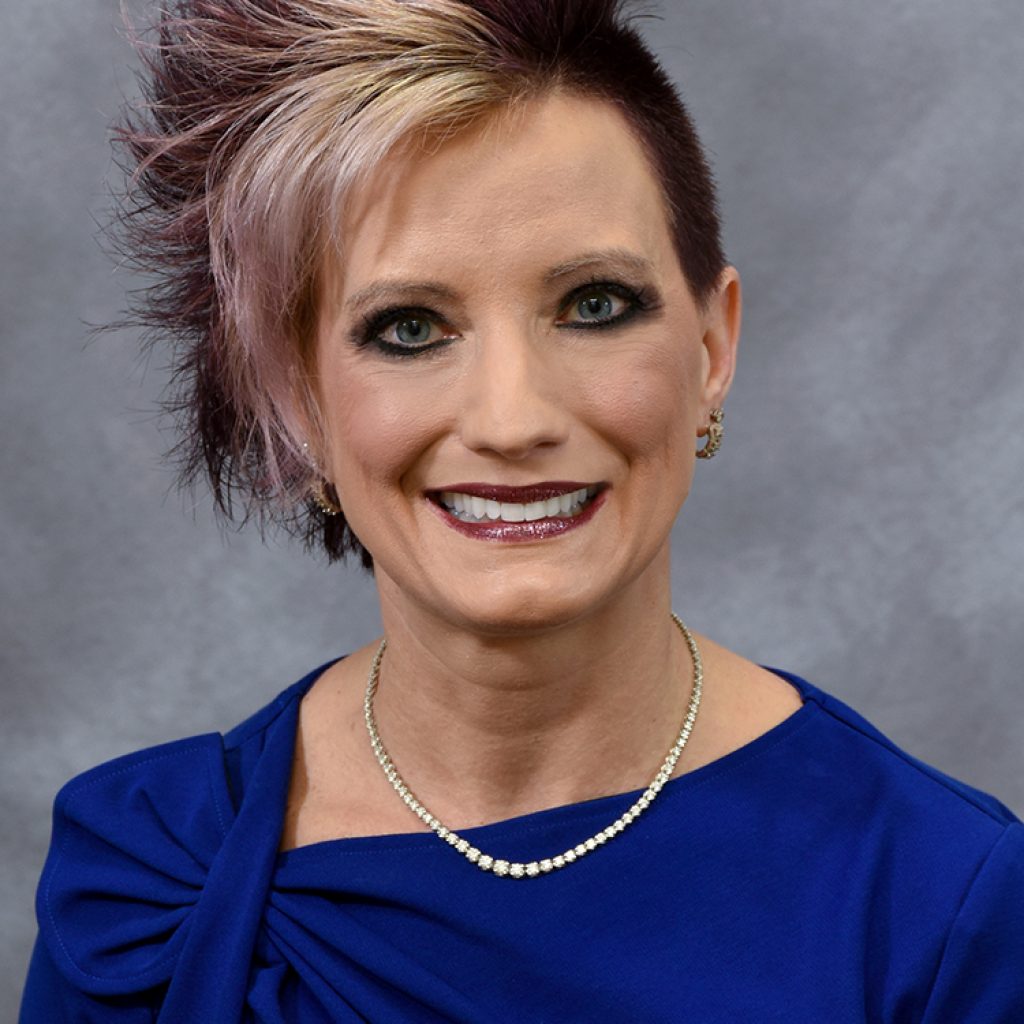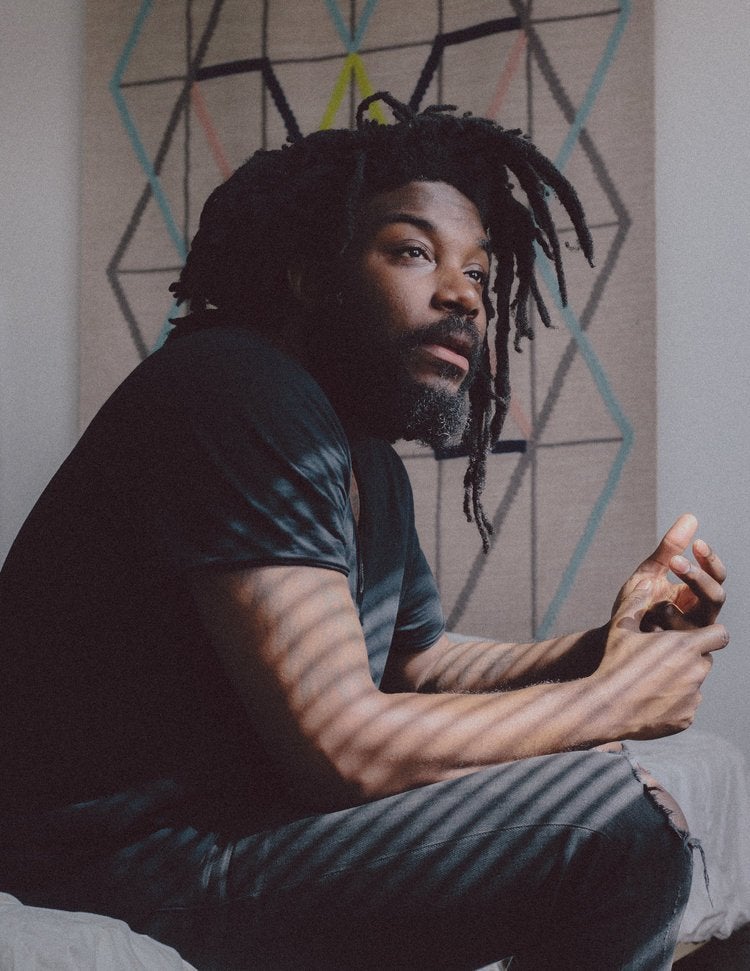On Jan. 8, the Augusta University Writing Project, which I direct, hosted #1 New York Times best-selling author Jason Reynolds as part of our Spring Author Series. I’ve been a fan of Jason’s for some time, dating way back to a national literacy conference where I met him before he became the superstar he is today.
For almost a decade, I have been recommending his books to the teachers I work with, and on Saturday, almost 300 people from across the country tuned in to hear him speak about his work. For me, I was starstruck, speechless and moved to tears because his message of hope, access and equity is something that so many educators and students need in today’s tumultuous world.
For people who haven’t read Jason’s books or heard him speak, it’s hard to explain how compelling his words are. In fact, many of the teacher-consultants in our AU Writing Project have heard me gush about him for years but didn’t quite understand why I love him so much – until Saturday. Since our virtual visit, my phone has blown up with comments from teachers who now “get it.” They are hooked just like me because Jason is THE. REAL. DEAL.
[adrotate banner=”51″]
What is it about THIS author that’s different?
Jason reminds us that we ALL have potential as readers and writers. As a former middle grade teacher and a language and literacy professor, Jason’s work speaks to many of the students and teachers I work with. Students often have rich reading and writing experiences outside of school that are sometimes undervalued or overlooked in the classroom. Much like Jason, who first saw his potential as a writer as he read rap lyrics, many of my former middle school students write poetry, raps and songs in their own lives but were reluctant to write anything in the classroom.
Why?
Because what I often asked them to do had no personal connection to them and lacked relevance. For so many students, they don’t think they qualify as readers and writers because they don’t write a certain way or read the works that are often a major focus in the classroom. Jason’s comments about realizing that the rappers who wrote lyrics, which are a lot like poetry (think stanzas, beat, repetition and rhyme) looked like him, sounded like him and were from his neighborhood. That made him realize that he, too, could become a writer.
How often do our students not see themselves in the reading and writing they are required to do in the classroom? All. The. Time.
Access to quality diverse literature is something that all students need and deserve. This isn’t just diversity in topics and content but diversity in genre-graphic novels, comic books, short stories, poems, non-fiction, etc., and diversity in perspectives and voice. Surely not everyone sees this great wide world as I do, and hearing from different voices and perspectives is valuable and needed.
Yet in many schools, students are still reading the same literature they read 20 or 30 years ago.
[adrotate banner=”15″]
Now, don’t get me wrong. There is a place for classics and the traditional canon, but I would be remiss if I didn’t say that there is great value in the integration and use of contemporary pieces with diverse perspectives. And yes, there is a lot of chatter floating around about what is considered “appropriate” literature. Let me just tell you, I can’t even begin to define what is “appropriate.” That is not for me to decide, but what I do know is that censorship and restricting access isn’t the answer. In fact, it often has the exact opposite effect from what those who initiate the bans intend. Students seek out those books that have been removed.
Jason’s visit reminded me once again that it is not about me; it’s about the students. For all you teachers who are pushing back in the best interest of the students, keep pushing back. Go hard in the paint. Jason and I have got your back.
Rebecca Harper is an associate professor of literacy in the College of Education at Augusta University. She is an occasional columnist for The Augusta Press.

Rebecca Harper










